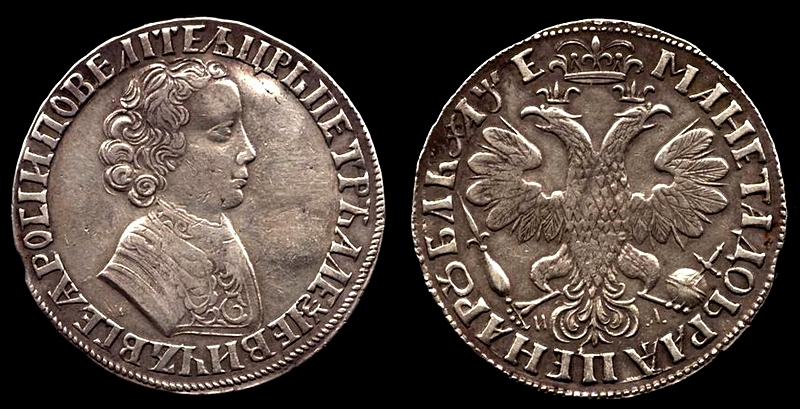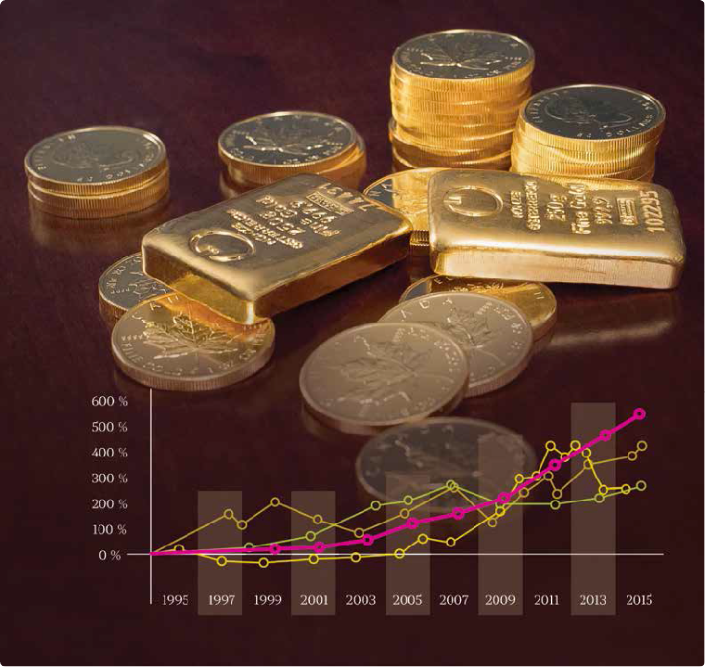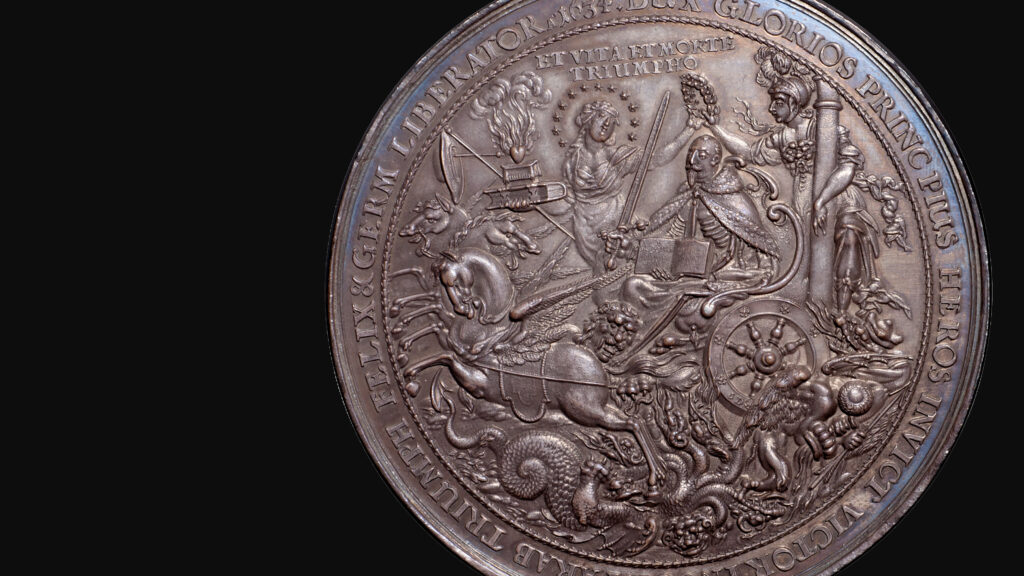Handy Advice For Deciding On Coin Value And Quarter
Wiki Article
What Can I Do With A Database To Research Numismatics With Regards To Global And Regional Associations?
To conduct this type of research, follow this strategy: This is a systematic method to conduct this type of research. JSTOR and other academic repositories and databases offer access to proceedings and articles from conferences.
Define Research Focus: Specify your research objectives. You might be interested in the history of society for numismatics, their activities including regional collaborations, conferences and regional meetings, or in specific numismatic issues discussed by these associations. Clarify the focus of your research.
Search Strategy: Use keywords like "numismatic association", "global numismatics", "regional numismatic societies" and, if appropriate, include names of specific associations or geographical regions. Use advanced options to sort search results according to the type of document, the date (such conference papers or newsletters from associations), and geographic scope.
Access data on international and regional numismatic societies which include their purpose, history, and membership. You can also find out information about publications and activities. Find information about past or upcoming conferences, research collaborations, and workshops. Search databases for information about the members, their contact information, and leadership.
Analyze: Review your data in order to gain greater understanding of the regional and global the role of numismatic associations and their impact. Examine how these associations contribute to the growth and diffusion of research in numismatics International collaborations, publications and international collaborations.
Cross-References: Verify information using multiple sources or databases. Compare the activities and projects of different associations for a more comprehensive picture of global and region-specific developments in Numismatics.
Documentation: Record your findings systematically by citing sources and highlighting the methodologies employed. Notate the database names, search terms and relevance of each resource to the research questions.
Keep up-to-date. Numismatics is constantly evolving. There are always new publications or collaborations, as well as conferences. For the latest updates in the field of numismatics in both regions, be sure to keep an eye on the association's websites and databases.
Use these guidelines to utilize databases effectively to explore the world of numismatics as well as regional and global associations. This technique allows for an extensive study of the global and regional numismatics field's structure, academic activities, and collaboration efforts. Take a look at the top rated discover more here on coin storage for site examples including coin holder, coin value, banknote auction, ringgit, euro, banknote club, austrian coins, banknote society, currency catalog, coin club and more.

How Can I Research Numismatics In Connection To Coin Dealers Using A Database?
In order to conduct numismatic research, is important to use databases that offer information about dealer listings, market trends, historical transactions, and transactions in numismatics. Here's a structured approach to conduct research on this subject: Database Choice: Choose databases that specialize in numismatic trade and dealer listings. Online marketplaces for numismatics, dealer directories maintained by numismatic associations (such the Professional Numismatists Guild), and auction house databases are just a few examples.
Define Research Focus: Specify your research objectives. Are you interested to learn about the history and profile of coin dealers specifically price, market trends, or market developments, or the influence that dealers have had on the numismatic collecting trend? Determine the goal of your research.
Use keywords, such as "coin dealer" "numismatic markets," "dealer directory" and add any particular names of dealers or geographic areas, if relevant. Utilize advanced search options to sort results by dates, dealer specialties (such as ancient coins, modern coins or rare coins) and types of transactions (auctions or private sales).
Data collection: Information on coin dealers, including addresses, names of business, specialties and years of operating. Also there are historical profiles available. Find out about the most notable dealers as well as their contribution to numismatic scholarship or collecting communities, as well as their involvement in notable auctions and sales.
Analysis: Study data to better comprehend the role that coin dealers are in the field of numismatics. Find out how dealers influence market dynamics, gather patterns, authenticate coins, evaluate them, and also help in disseminating numismatic information via publications and educational activities.
Cross-Referencing: Verify your findings by cross-referencing information across numerous directories of dealers, databases, auction records, and historical archives. This ensures the accuracy and completeness of your research. You will gain insights into coin dealers' diverse roles in the field of numismatics.
Documentation: Documentation is important. Use sources to cite sources and record the methods you've employed. Notate the database names as well as the search terms and relevancy of each source in relation to your research.
Stay informed: Market developments, auctions and the introduction of new dealer entries are all part of the ongoing evolution of the numismatic market and the dealer landscape. Keep track of updates from numismatic organizations, auction houses, online marketplaces, as well as other sources to remain up-to-date on the latest developments in the numismatic market.
Following these steps will allow you to explore the world of numismatics in relation to dealers in coin. This method lets you study the history of coin dealers, their market influence and the contributions that they have contributed to the field of numismatics. View the recommended slovak coins blog for more advice including rand, zloty, copyright, dinar, currency dealer, coin mintmark, coin design, coin show, dime, nickel and more.

How Do I Search For Numismatics As Well As Legal Experts In Databases?
Here's a structured approach to conducting research like this: Database Selection: Select databases that focus on legal research, numismatic laws as well as court cases involving numismatic issues, and academic publications on legal aspects of the numismatics. Here's a structured approach to conduct research on this subject: Database Select databases that focus on legal research, numismatic law court cases that involve numismatic issues and academic papers on legal aspects of the field of numismatics. Examples include legal research platforms like Westlaw or LexisNexis and numismatic law journals, as well as publications of the numismatic society.
Define Research Focus: Specify your research objectives. Are you interested in learning more about the legal frameworks that govern coinage, currency, and numismatic disputes? Are you looking for guidelines on the production of coins, circulation, and legal interpretations regarding authenticity and ownership of numismatics? Clarify the focus of your search.
Search Strategy: Use keywords such as "numismatic law,"" "legal aspects of coinage," "numismatic disputes," and include specific legal terms (such as authenticity, ownership, counterfeiting) or historical court cases if relevant. Results of a search can be classified by date and jurisdiction (national and international) and also subjects of law that relate to the numismatic field.
Data Collection: Access to legal precedents like court rulings as well as legislative texts and academic articles regarding numismatic law. Get details like case summaries or legal analyses. Interpretations of relevant statutes as well as historical perspectives are helpful.
Analyze: Understand the legal implications in numismatics by analyzing the information. Discover how legal frameworks can influence numismatic trading, collection management processes as well as authentication processes, and the international exchange of numismatic objects. Compare and contrast legal interpretations across different jurisdictions and the past.
Cross-Referencing Verify your findings through cross-referencing across databases as well as legal journals, and court records. This allows you to conduct accurate research and get a complete picture of numismatics law.
Documentation: Documentation must be systematic, with reference to sources and methods employed. Keep track of specifics such as the databases that you searched with, the search terms you used, and the way each source relates to your study.
Keep updated The law of numismatics and its interpretations evolve with legislative changes and court decisions. Stay informed of developments in the legal field by keeping an eye on updates on legal databases, books on numismatics law, and the numismatic societies.
These steps will enable you to effectively use databases to research the numismatics field with the assistance of legal experts. This method allows for a thorough investigation of the legal frameworks and problems that are entwined with numismatics. It also offers insights on the legal issues that govern coins and collections. View the best learn more here about coin series for more recommendations including coin planchet, denomination, banknote society, coin planchet, krona, silver, coin issue, rare banknotes, proof, coin show and more.

What Is The Best Way To Use The Numismatics Database For Research In Publications And Journals.
Here's a formal approach to conducting such research:Database Selection: Select databases that focus on numismatic journals, publications and scholarly articles. Here's a method to conduct this research: Database Choice: Choose databases that specialize in journals, publications and scholarly works. Some examples include online databases such as JSTOR or Google Scholar, journals of numismatic societies (such as those published by the American Numismatic Society), and library catalogues that include collections of numismatics.
Define Research Focus: Specify your research objectives. Are you looking to learn about the numismatics' history or specific coin types Are more interested in cultural aspects of coinage or coin designs from a specific time or coin type? Determine the goal of your search.
Utilize keywords such as "numismatics", "numismatic publication", "numismatic journals" or specific coin types (such an ancient coin medieval coins, modern coins, etc.) ) to narrow your results. You can also use advanced search tools to narrow results by author affiliation and date, publication type (books articles, books, or conference papers) and the type of publication.
Information about numismatic magazines and publications. Look up information on articles such as titles, authors, and abstracts. Also, gather publication dates and bibliographic data. Look up databases for full-text articles and digital archives of numismatic historical magazines.
Analysis: Examine all data and understand the research trends, scholarly contributions and the evolution of numismatic scholarship. Study the methods employed in research on numismatics, the interpretations and standards for numismatic cataloging, and evolution of the numismatics field of study.
Cross-Referencing: Check your research findings by comparing information across multiple databases, numismatic journals, library catalogs, and institutional repositories. This will ensure precision and accuracy in your research, and provides insights into the depth and breadth of numismatic literature.
Documentation: Document your findings in a systematic manner by citing sources and noting the methodologies you employed. Take note of the information in the databases you visited, the search terms you utilized, as well as how each one of them is related to your research.
Stay Updated: Numismatic research and publications continue to develop with the latest discoveries and interpretations. You can stay current with the most recent research in numismatics by following the latest news from academic journals, the numismatic associations and databases.
Following these steps will allow you to make use of databases efficiently to explore numismatics with respect to journals and publications. This method allows you to study the historical and academic knowledge, research methods, and numismatic contributions that are provided by the publications in the field of numismatics. Take a look at the recommended banknote collection hints for website advice including nickel, rial, uncirculated, quarter, banknote appraisal, coin series, forint, federal reserve, currency history, design and more.

How Can I Access An Online Database To Find Numismatics As Well As Industry Consultants?
For numismatics research it is crucial to use databases that include information on industry reports individuals, consultants, as well as numismatic societies. Here is a systematic approach for conducting this kind of research: Databases Selection: Select databases that specialize in consulting companies, industry reports as well as publications relating to numismatics. Examples include business directories, consulting firm websites, publications of numismatic societies as well as databases that specialize in specific industries.
Define Research Focus: Specify your research objectives. You might be interested in consulting services for businesses that deal in numismatics, in market analysis reports about numismatics or in the experts of certain areas of numismatics. Find out more about the services that can assist you.
Search Strategy: Use keywords like "numismatic industry consultants,"" "consulting firms that specialize in Numismatics," "market analysis reports for coins" and include specific specializations or geographic regions if appropriate. Advanced search options let users to filter their search by date, specialty of the consultant and the type of consulting service provided.
Data Collection: Find details on firms of consulting that specialize in numismatics, and industry consultants who provide services to numismatic businesses. Data Collection: Get information about consulting firms with their expertise areas (market analysis and collection management and authentication), testimonials from clients, and reports written by industry consultants.
Analysis: Examine and comprehend the contributions and roles of consultants from industry in numismatics. Examine the techniques and knowledge employed by consultants who advise on investment in numismatics, market trends, or collection management.
Cross-Referencing: Confirm your findings by comparing information across several databases, consulting directories for firms, numismatic society publications, and industry reports. This ensures completeness and accuracy when conducting your research. It also provides a comprehensive view of the consulting landscape within numismatics.
Documentation. Note your research findings by citing sources, noting the methods used. Take note of the information in the databases you visited and the search terms you searched with, and the way each one of them relates to your research question.
Stay informed: As economic conditions change and regulatory requirements are updated, so do the market and consulting services in numismatics. Monitor updates from the sites of consulting firms, industry reports and publications of numismatic societies to stay current with the latest insights from the industry.
You can make use of databases to investigate numismatics as well as consultants in this industry. This technique allows for a thorough examination of the advisory services provided, market analysis performed, and the strategic insight that consultants can provide to the numismatics business. Additionally, it provides useful insights into business operations and investment strategies and market dynamics. View the recommended currency forum for site info including legal tender, antique banknotes, coin holder, czech coins, legal tender, banknote history, coin die, half-dollar, lira, ringgit and more.
